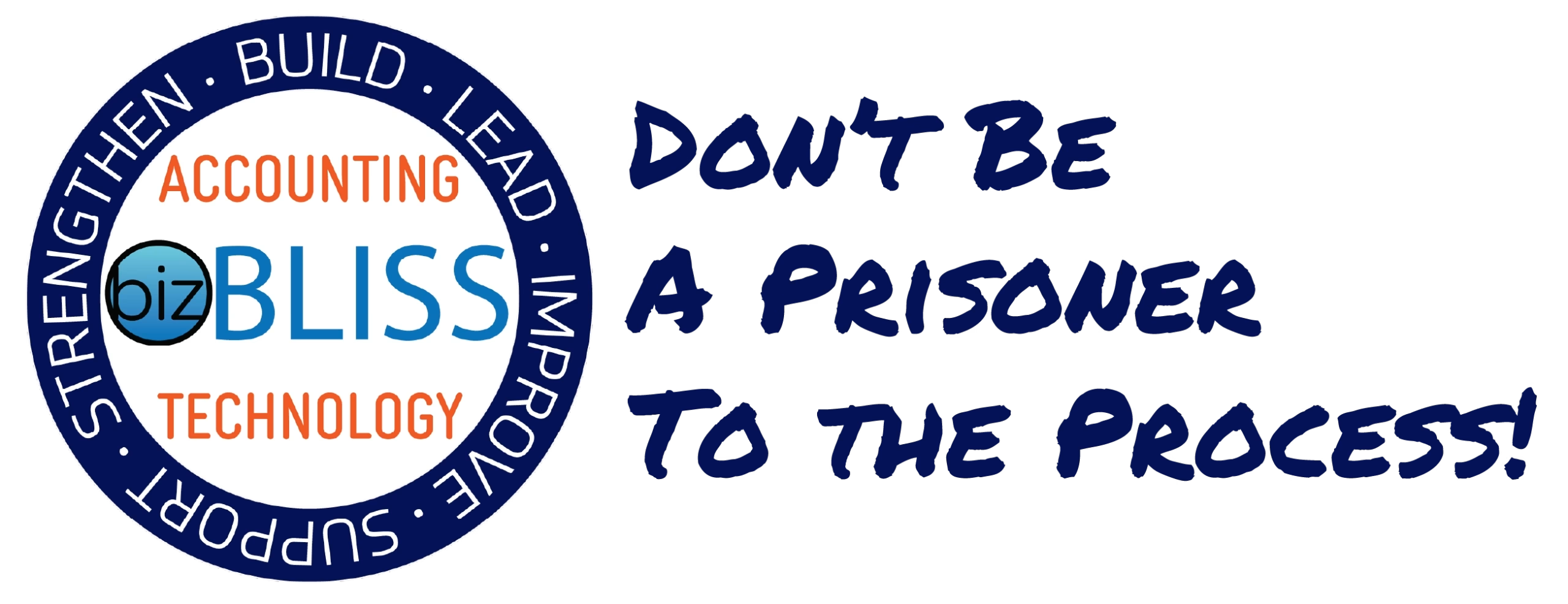Essential Tips for Strong Password Creation

In today’s digital age, password security is more crucial than ever. A strong password acts as a first line of defense against cyber threats.
Yet, many still struggle with creating passwords that are both secure and memorable. This challenge is common among small business owners and tech consultants alike.
Understanding how to craft a robust password can protect your sensitive information. It can also prevent unauthorized access to your accounts.
This guide will provide essential tips for creating strong passwords. You’ll learn how to balance complexity with ease of use.
By the end, you’ll be equipped to enhance your digital security effectively.
Why Strong Passwords Matter
Understanding the importance of strong passwords is crucial in today’s interconnected world. They protect your sensitive data from unauthorized access. A weak password can lead to identity theft and financial loss.
Hackers often use sophisticated methods to crack passwords. Strong passwords can thwart these attempts. They act as robust barriers against cybercriminals.
Consider the following reasons why strong passwords are vital:
- Shield against unauthorized access.
- Safeguard personal and financial information.
- Prevent data breaches and identity theft.
Remember, the first step in digital security is a strong password. It’s an indispensable part of protecting your digital life.

Understanding Password Requirements
Creating a secure password starts with understanding essential requirements. It goes beyond just length. Incorporate different character types to enhance complexity and strength.
Here are some key password requirements:
- At least 12-16 characters in length.
- A mix of uppercase and lowercase letters.
- Inclusion of numbers and special symbols.
- Avoidance of common words and predictable sequences.
Following these guidelines helps protect your online accounts. A well-constructed password reduces the risk of unauthorized access. Take these recommendations seriously for enhanced digital security.
How to Create a Good Password: Key Principles
Creating a robust password involves a few core principles. It’s essential to balance complexity with memorability. This ensures that while your password is secure, it’s also easy for you to remember.
Consider these principles when crafting a password:
- Use a random mix of letters, numbers, and symbols.
- Avoid using personal information such as birthdays.
- Create unique passwords for each account.
A good password does more than meet basic requirements. It protects your data by being unpredictable yet memorable. Explore different combinations to find what works best for you. The key is to create something that remains secure against unauthorized access.
Passphrases: The Modern Approach to Passwords
In today’s digital world, passphrases are gaining popularity. They offer a blend of security and ease of recall. Unlike traditional passwords, passphrases consist of words or phrases.
A passphrase can be both secure and memorable. Consider these tips when creating a passphrase:
- Use four or more random words, unrelated to each other.
- Incorporate a mix of upper and lowercase letters.
- Add symbols or numbers for extra security.
Creating a passphrase with this method provides a strong and memorable password alternative. It’s harder for attackers to crack yet easy for you to recall. Adopting passphrases can significantly improve your digital security.

Strong Password Examples and What Makes Them Secure
Creating strong passwords involves understanding their core components. Strong passwords blend complexity with unpredictability, making them tough to decipher.
Consider these examples of secure passwords:
- Gt!7$kL8bT#9NQf
- 4zBn$2Dm*6pY@oP
- hR3@5_jY*Qw%7Lk
These passwords exhibit crucial traits: they mix uppercase and lowercase letters, numbers, and symbols. The random assortment minimizes predictability, thwarting brute-force attacks.

Tools to Generate and Manage Passwords
In the realm of digital security, tools can be invaluable allies. Password managers simplify creating and remembering complex passwords. They store your passwords securely while providing ease of access.
Key tools to consider include:
- Random Password Generators: Quickly produce complex, unpredictable passwords.
- Password Managers: Safeguard all your passwords in an encrypted vault.
- Passphrase Generators: Create memorable yet robust passphrases effortlessly.
These tools transform password management from a chore into a streamlined, secure process.

How to Keep Passwords Secure
Securing your passwords goes beyond creating them. Regular updates are crucial to maintain security. Change your passwords frequently to minimize risks.
Share passwords with caution and only when absolutely necessary. Never disclose them via email or messages. Be vigilant against phishing attempts.
A few essential practices include:
- Avoid Reusing Passwords: Use a unique password for each account.
- Enable Two-Factor Authentication: Add an extra layer of security.
- Conduct Regular Audits: Routinely check for compromised accounts.
By implementing these strategies, you ensure a stronger defense against unauthorized access. Stay proactive in safeguarding your digital identity.
Which Accounts Need the Strongest Passwords?
Not all accounts require the same level of protection. Prioritize strong passwords for sensitive information. Financial and email accounts are prime targets for attackers.
Here are key accounts needing robust security:
- Banking and Financial: Protect with utmost care.
- Email Accounts: Store vital personal data.
- Social Media: Prevent identity theft and misuse.
By securing these accounts effectively, you reduce the risk of significant personal and financial losses. Always assess the sensitivity of each account to determine its password strength.
Common Password Mistakes to Avoid
Many users make avoidable mistakes when creating passwords. These errors can lead to security breaches. Identifying them is the first step towards stronger security.
Avoid the following common mistakes:
- Using common words or sequences
- Relying on personal information
- Reusing passwords across accounts

By recognizing these pitfalls, you can create passwords that offer greater protection and enhance your digital security. Stay vigilant about your password habits to keep your accounts secure.
Frequently Asked Questions About Passwords
Passwords can be confusing, especially with ever-changing requirements. To help, we answer some common questions. These FAQs address common concerns about password strength and security.
Here are some frequently asked questions:
- What is a safe and easy password?
- How can you protect your password effectively?
- What is needed to create a password?
Understanding these aspects helps maintain robust security measures and protects your digital assets. Stay informed and proactive in improving your password practices regularly.
Conclusion: Building a Culture of Security
Building a culture of security starts with understanding the significance of strong passwords. Every small step in improving password security leads to better protection.
Encourage education and awareness about password best practices. This commitment will ensure a safe digital environment for everyone. Your dedication to security is invaluable.
